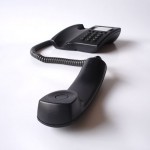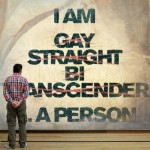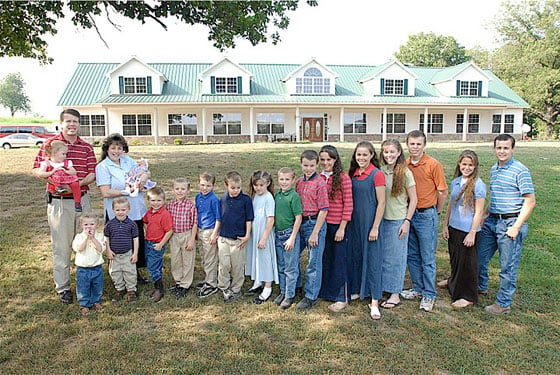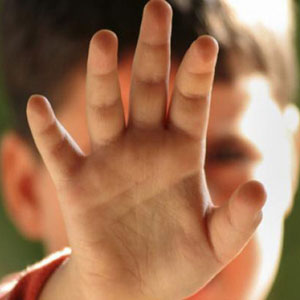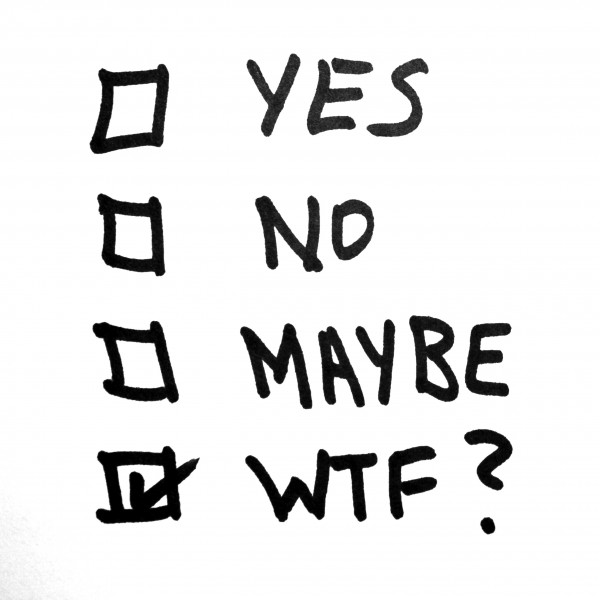A guest post from Haley…
I’ve lived with society perceiving me in different ways over my lifetime. 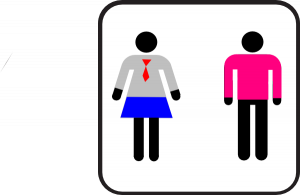
At one time I was perceived to be a straight white cisgender male (now obviously I was really a closeted transgender woman but the world didn’t know that.) In the year before I gender transitioned, I pushed gender boundaries, my style was fairly genderqueer and many people perceived me to be a gay male. Then during the first six months of living as a woman as the hormones started and a learning curve happened, I was regularly visibly identified to be a transgender woman. And for the last six months as my transition has progressed I “pass” and the world perceives me to be a white woman, (even though can bug me in the sense that I feel no compulsion to be a stereotype of cisgender, but I don’t control how I am perceived so it is what it is.) And as for my sexual orientation many times I am taken to be straight since that is the default and I get my share of males asking me on dates and field questions about whether I have a husband or boyfriend. And when I’m out and about with my wife and kids usually I get pinged as lesbian. This experience of varying perceptions of my identity has made me aware of some of the many intersections between stereotypes, inclusion, and exclusion.
When I was perceived to be a straight white male, I was perceived to be capable of positions of power and leadership. I lived in a world where I could travel anywhere with hardly anything to limit my movement. I could be out at night and while something bad could happen, as a “straight white male” I held the position of privilege. I noticed how if I was out with non-white friends after dark the cops would single out my Hispanic friends for inquiry, but if I as the white male in the group vouched for them the cops would often move along. I noticed how experiences at bowling alleys and restaurants differed when I was with a black friend. The (usually) white owner was patronizing toward my black friend and would make him pay for an extra game upfront while he’d be totally cool having me pay at the end. I could catch snippets of the stereotype around race, but as a white male I was largely oblivious to the many ways stereotyped perceptions were driving the world I lived in. As a white person who was perceived to be male and straight, I had a position of neutrality. There was nothing about my demographic that inspired poor treatment or exclusion in the USA.
When I starting being gender non-conforming, I noticed sutble changes. Where before I was seen as a fairly neutral male around the park or play place, suddenly some people were a little weird about me being around their kids in public places, as if somehow if I were a gay male I could be a pedophile or something. I also found people would give me this this funny smile as if to say “Oh, Right, you’re gay.” People would randomly talk about how they loved their gay hairdresser. I’d get asked about if I had a partner or significant other. People would ask if I had a roommate or a cool bachelor pad. Some guys would lean extra far from me in the bathroom like they didn’t want a gay person seeing anything. In fact, at the time I left the ministry, whispers were flying around that I was gay. I was accused of going to bath houses (didn’t know what they were until I was told that BTW). I was told by a conservative that I might have a demon. All this, for no reason than my gender presentation had shifted from straight male, to more genderqueer.
When my transition started, I went through a phase where bathrooms were kinda awkward. I didn’t pass at that point. Some of the other women would look at me funny in the bathroom. People really didn’t know what to do with me. Transgender is a small demographic and people don’t often know how to categorize us. If I was around affirming women and they’d be extra sweet to me in a way that almost smelled of sympathy. Like, “welcome to the club, but we are still very concious of the fact you used to be a boy.” Some people would be strangely hostile and tell me stuff about my not being a “real” woman. Some said I was sick in the head, “what is this world coming to.” During the coming out process I was told, I was “a liar.” I was “degenerate.” I was “perverted.” I “wasn’t welcome at their house.” They “did not want further contact with me.” And the like. I heard this stuff from relatives and former friends. Supposedly I am never supposed to talk to my grandparents again and I’m not welcome at many weddings and funerals
Now as transition has progressed and my presentation no longer outs my gender history on sight, I’m noticing those moments women have been lamenting for years. Those moments when a man acts like as a woman you couldn’t possibly know anything about cars, sports, computers, or >insert “guy” domain here<. I’ve started having those moments where I’ll get whistled at or told, “Hey baby!” When I’m with my kids alone, no one acts like I’m some super hero who should be adored like they did when I presented as male. Take your kids to the park as a guy, get ready for the approving nods and high fives. Take your kids to the park as a woman, the most you’ll get is, “yup, sure is good having them getting their energy out here instead of trashing your house sweetie.” There is no smiling and back-slapping as you walk through a store with kids as a woman, this is what women do, they shop with kids. Suddenly instead of assuming leadership and power, people associate being a woman with domesticity. When another mom needs to help a child with something they’ll be quick to ask me if I don’t mind watching their other kid for a minute. Bathrooms are totally uneventful once more as they were when I was perceived to be a straight male, no one cares or notices my presence.
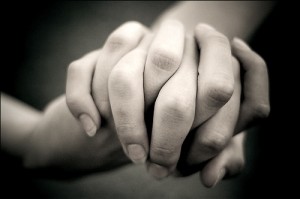 When Melissa and I are together sometimes people don’t connect us as a couple. We’ve regularly been asked in the line at the store if we are together or separate; when we presented as a straight couple that never happened. When we did business as a straight couple, all the questions were usually directed towards me. Now they sit back and wait to see which of us seems to be the most assertive. Sometimes they put the questions toward Melissa since her gender presentation can be more “butch” than my own. Other times we’ve done business such as taxes or banking where our marriage status and my trans history is disclosed. Much to our amusement, this usually this results in me as the “former male” getting put on the top of the joint account. Questions suddenly start getting directed to me even if up to that point they’d been focused on Melissa.
When Melissa and I are together sometimes people don’t connect us as a couple. We’ve regularly been asked in the line at the store if we are together or separate; when we presented as a straight couple that never happened. When we did business as a straight couple, all the questions were usually directed towards me. Now they sit back and wait to see which of us seems to be the most assertive. Sometimes they put the questions toward Melissa since her gender presentation can be more “butch” than my own. Other times we’ve done business such as taxes or banking where our marriage status and my trans history is disclosed. Much to our amusement, this usually this results in me as the “former male” getting put on the top of the joint account. Questions suddenly start getting directed to me even if up to that point they’d been focused on Melissa.
We have moments were people put us together and give us a dirty look. But we also have moments where people seem to specifically single us out to tell us we have a beautiful family. It is a very interesting experience crossing through several different stereotypes and seeing such wide variations of behavior all based on what demographic I’m perceived to be.

